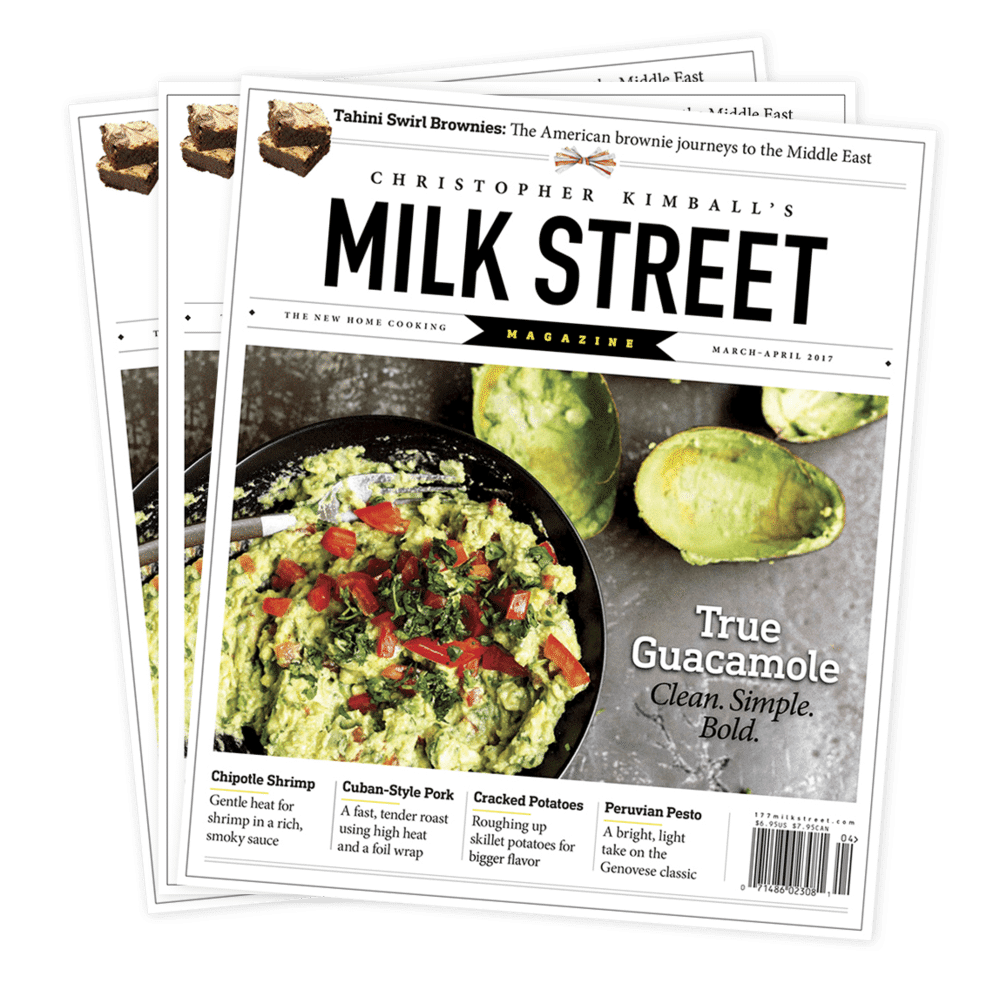Charlie Bentley was a Vermont dairy farmer. He rented a small barn down on Route 313 next to the Green River, as is meanders its way towards the Battenkill. His herd of dairy cows numbered no more than 25 – he called them in every morning and evening, opening the barn doors, the cows already assembled just outside like kids at on the last day of school. Occasionally, a reluctant heifer had to be coaxed into movement with the worn end of a milk machine strap but, as a rule, each cow moved to its stanchion, and got busy lapping up the small amount of grain that I had deposited minutes before, their tongues rolling over the feed, dusting their bristled lips with powdery excess.
Looking back, it wasn’t much of an operation. The barn was fly-specked; every whitewashed surface dappled with tiny black stains or a gaggle of flies. I was in charge of mucking out the barn, using a wide flat shovel to transfer the mostly liquid manure up into the overhead bucket that hung from the ancient rail, leading out to the horse-drawn manure wagon, some of it landing on my head and shoulders, As Charlie used to say about horses versus tractors, “Well, on a cold morning, at least you know a horse will start.” I have no idea how his milk passed the aerobic bacteria test administered by the guy who did the pickups but better not to ask. It was hardscrabble farming at best with a 1949 Farmall tractor, the kind with centered, canted wheels up front, designed to flip over on a steep hill. Floyd Bentley, who also lived in our town, mowed, raked, and tedded with a team – he never liked engines. He spoke to the large quarter horses with a voice that was almost below the range of hearing and overshadowed by the regular back-and-forth clicking of the sickle-bar mower.
When food writers and chefs talk about farm to table, I suspect they imagine some halcyon farm, the sort of operation that Martha Stewart would run. (She once invited me to her place in Westport, CT – the henhouse was so clean she could have turned it into a summer rental.) But farming is full of manure, mud, blood, large stubborn animals, dangerous equipment, and days where things just never go right. It’s also not a place that offers much in the way of vacations, celebrations, afternoon naps, and lantern-lit al fresco dinners with baby vegetables and tasting menus. It’s first and foremost about hard work and hard choices, trying to scratch a living from the soil, almost literally, seven days a week, 365 days per year. A former employee of mine left to run a farm in New York State with her husband in Amish country. She visited a year later and spoke about having to pull 10,000 heads of garlic by hand to sell to buy heating oil for the winter in the farmhouse that was half-fallen down or half-renovated, depending on how you looked at it.
The small farm provides grit, challenge, physical labor, family dinners, and the fruits of our labor as the young shoots push up through freshly ploughed fields. Weather matters whether for rainfall, hot sunny days for the corn and haying, or clear warm afternoons when the apple trees blossom to encourage busy bees. When you get good at it, you can smell incoming weather, know if a goat is going to birth during the day or night, and pinpoint when the last frost has come and gone. Farming isn’t pretty – it’s about picking rocks, ploughing under ruined crops, skinning, gutting and processing pigs, dispatching chickens, putting up gallons of fruits and vegetables, and sitting down around the kitchen table with the bills, trying to make ends meet. This is not a rich person’s game.
But we need small farms to remind us that human life is built on a foundation of soil. Today soil is just a baseball field, a parking lot, a front lawn, a flower bed, or perhaps something to be dug and removed before pouring a foundation. Life begins with soil for growing and grazing, for absorbing rainfall and replenishing aquifers, for sustaining forests and grasslands. The small farmer touches the soil, kneads it between his hands to test its worth, smells it, and washes it off before midday dinner, scrubbing beneath the fingernails where it comes to rest.
Without this connection, we, in the words of Charlie Bentley, “start to act foolish.” We personify nature as kind, thoughtful, even a mother. Nature is none of these things – it runs the gamut from unspeakably cruel to transcendent. To fashion a livelihood, to craft a human life full of enthusiasm for existence, to triumph against the odds – these are the lessons of the family farm. The farmer understands his or her dependency on what lies beneath, on the vagaries of nature’s benign neglect of our well-being, and the fragility of the partnership between soil and life.
So please support your local farmer. Go to the markets and look at the hands of the people who grow our food – weathered, scratched; reminders in the flesh of what it takes to sustain life. Do this, if you like, just because the food tastes better but also do it as a reminder that life here on earth is both tenuous and divine.
Like what you’re reading? Click here to get Smoke Signals, our free monthly email that tells you about new articles, recipes, product reviews, science, myth-busting, and more. Be Amazing!
This article is shared with permission from the original editorial in Christopher Kimball’s Milk Street Magazine, September/October 2021 issue.



High quality websites are expensive to run. If you help us, we’ll pay you back bigtime with an ad-free experience and a lot of freebies!
Millions come to AmazingRibs.com every month for high quality tested recipes, tips on technique, science, mythbusting, product reviews, and inspiration. But it is expensive to run a website with more than 2,000 pages and we don’t have a big corporate partner to subsidize us.
Our most important source of sustenance is people who join our Pitmaster Club. But please don’t think of it as a donation. Members get MANY great benefits. We block all third-party ads, we give members free ebooks, magazines, interviews, webinars, more recipes, a monthly sweepstakes with prizes worth up to $2,000, discounts on products, and best of all a community of like-minded cooks free of flame wars. Click below to see all the benefits, take a free 30 day trial, and help keep this site alive.
Post comments and questions below
1) Please try the search box at the top of every page before you ask for help.
2) Try to post your question to the appropriate page.
3) Tell us everything we need to know to help such as the type of cooker and thermometer. Dial thermometers are often off by as much as 50°F so if you are not using a good digital thermometer we probably can’t help you with time and temp questions. Please read this article about thermometers.
4) If you are a member of the Pitmaster Club, your comments login is probably different.
5) Posts with links in them may not appear immediately.
Moderators